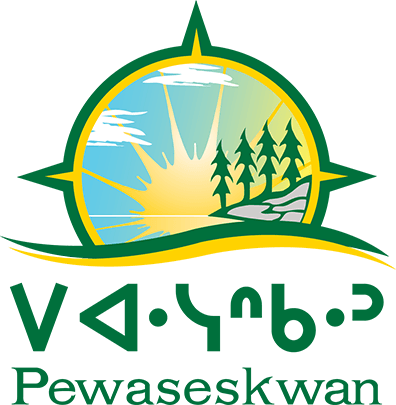Spinobulbar muscular atrophy (SBMA), or Kennedy’s disease, is a genetic condition inherited on the X chromosome that affects men carrying the mutation. It causes weakness of the muscles that control facial movements, speech and swallowing, and causes weakness of the hands and legs.
Other health issues can occur with SBMA, such as diabetes and heart problems. There was an awareness of the possibility that SBMA may be more common among individuals of Indigenous descent and a study was piloted.
The study found that the rate of Kennedy’s Disease is 14.7 per 100,000 among people of Indigenous descent in Saskatchewan, compared with the average rate of one to two per 100,000. In the Prairie provinces, 83 per cent of the participants in the study self-identified as Indigenous. This high prevalence may also be present in other western Canadian provinces, but this will require future study. These results showed the following:
- SBMA is more common in people of Indigenous descent compared to other world populations
- There is a common mutation shared between most participants that probably occurred about 10 generations ago
- This likely explains the high prevalence among people of Indigenous descent
Dr. Kerri Schellenberg, MD, FRCPC, and associate professor at the University of Saskatchewan, and the Medical Director of the ALS Clinic at Saskatoon’s City Hospital, collaborated with neurologist Dr. Gerald Pfeffer, from the University of Calgary, to do further genetic analysis of patients with the disease. Work by Dr. Pfeffer’s research team revealed that there are shared genetic markers around the mutation in most of the patients, which shows that the high prevalence is due to a founder effect. His team estimated that the founder lived approximately 250 years ago.
When Drs. Schellenberg and Pfeffer realized how high the percent of Indigenous patients with the disease was, they reached out to Dr. Alexandra King and Dr. Malcolm King, who co-lead Pewaseskwan (the Indigenous Wellness Research Group). The Kings, with support from Pewaseskwan staff, guided them on how to engage in a culturally safe manner with the patients. They helped by creating a Community Guiding Circle and assisted with meetings during which the research findings were shared with the participants.
This research study has been published as an open-access article and is available at: https://www.cmaj.ca/content/197/31/E987
A $50,000 grant from the Kennedy’s Disease Association has enabled the continuation of this research.
For more information, contact: pewaseskwan@usask.ca


